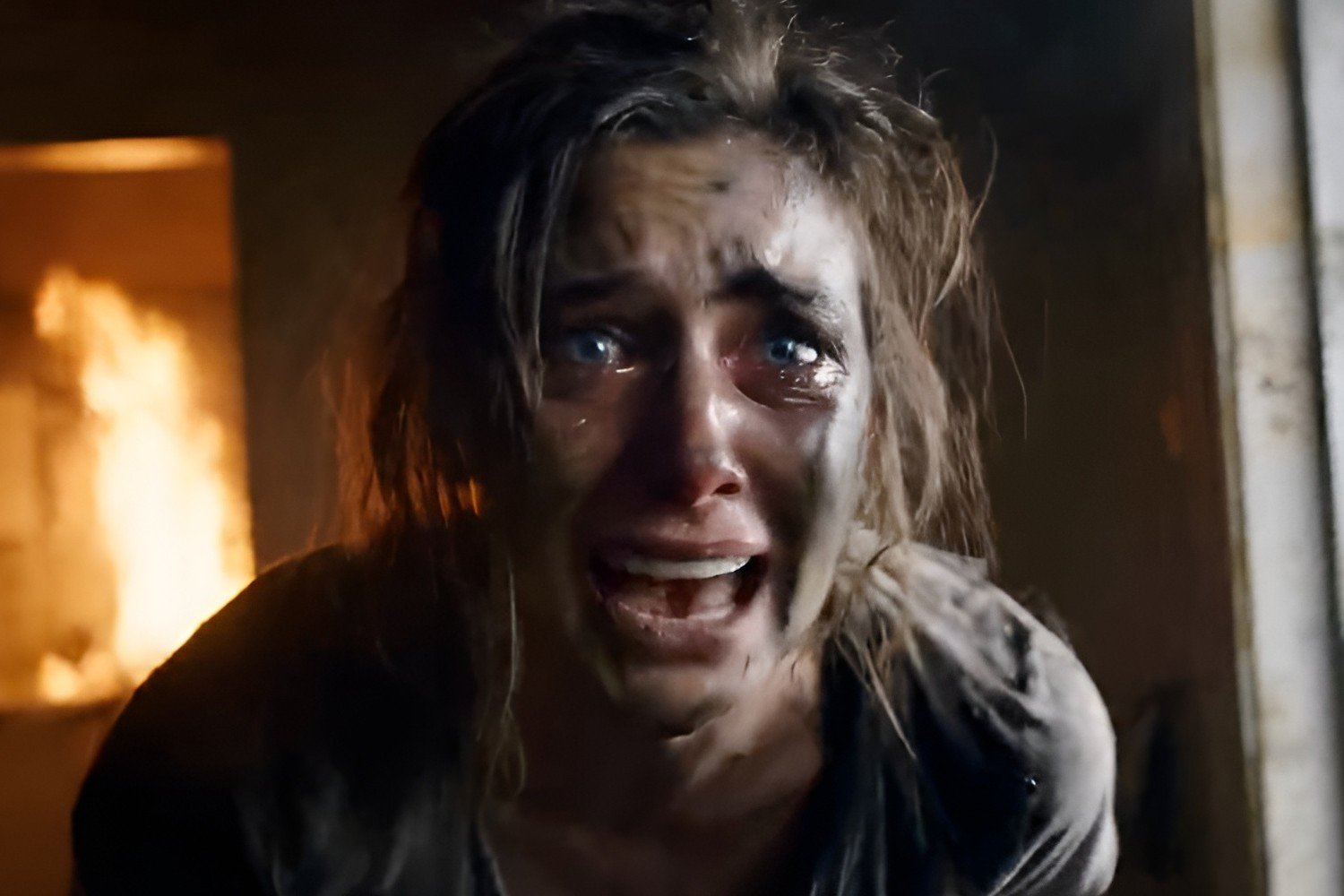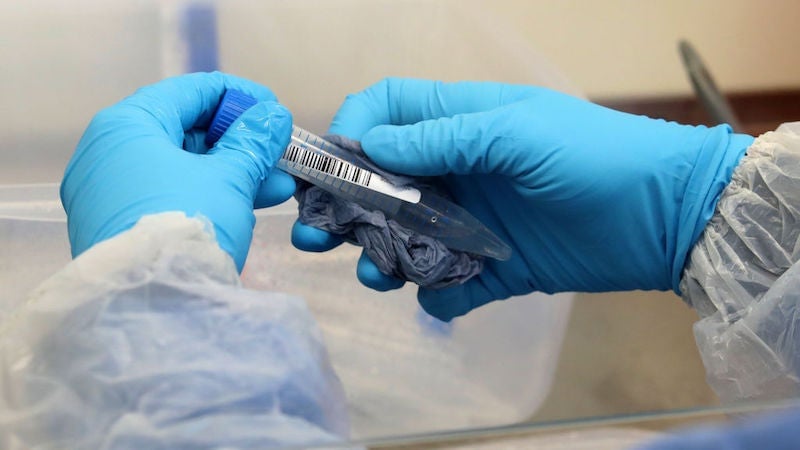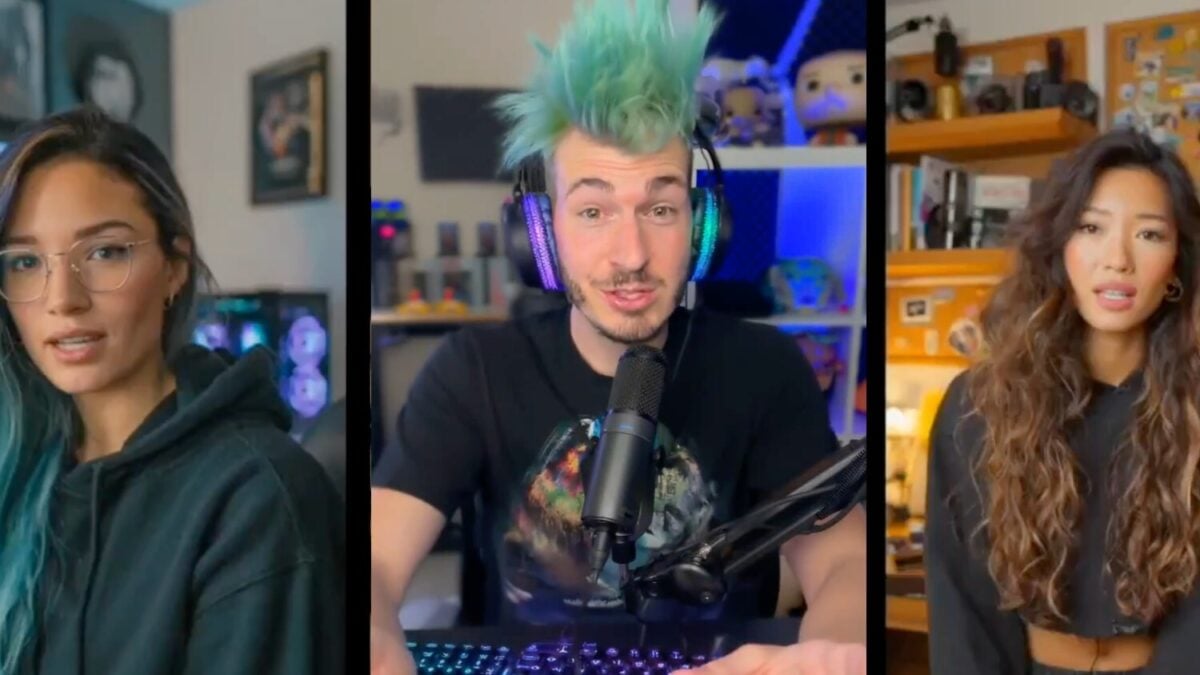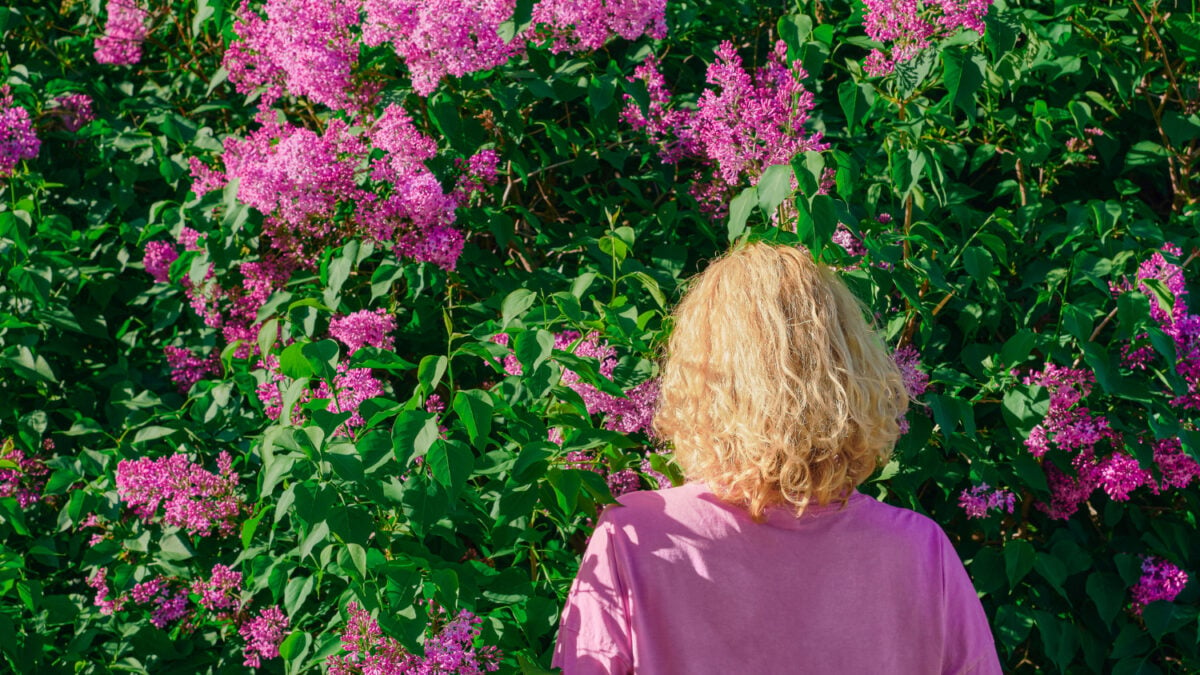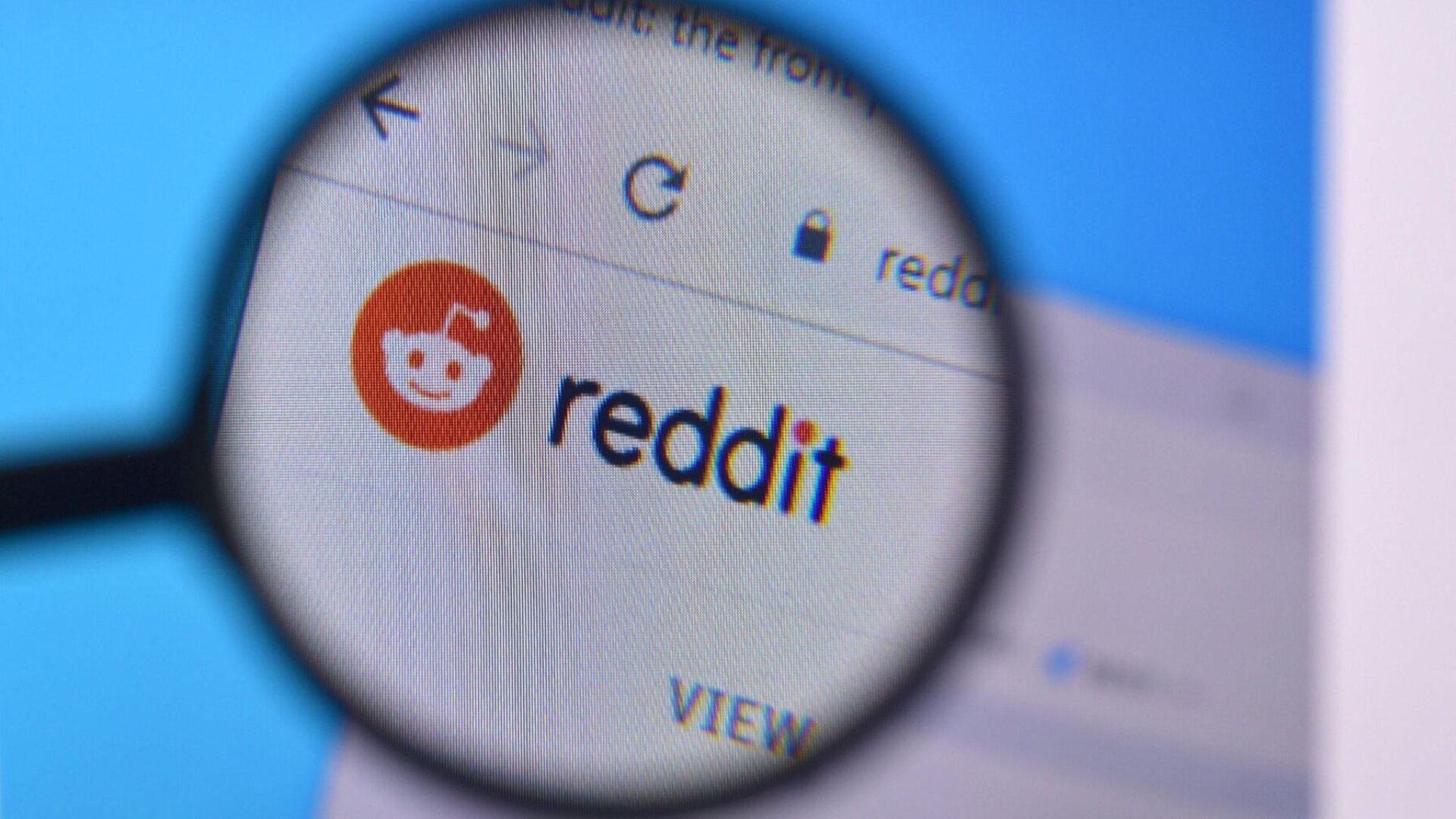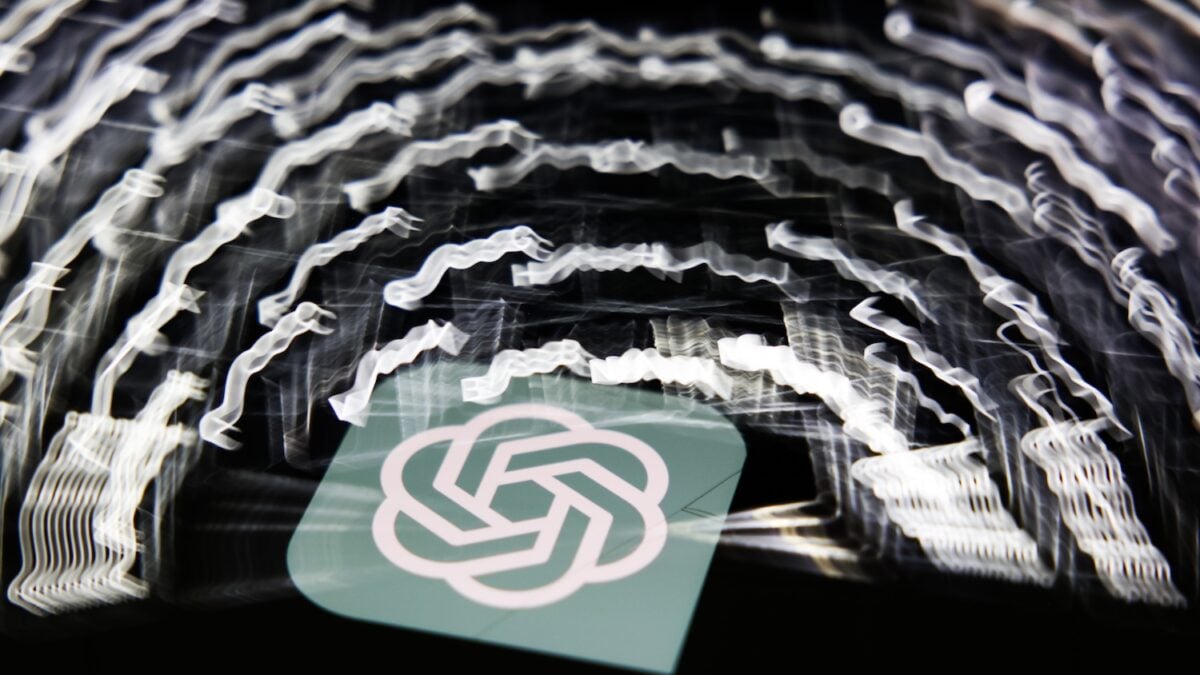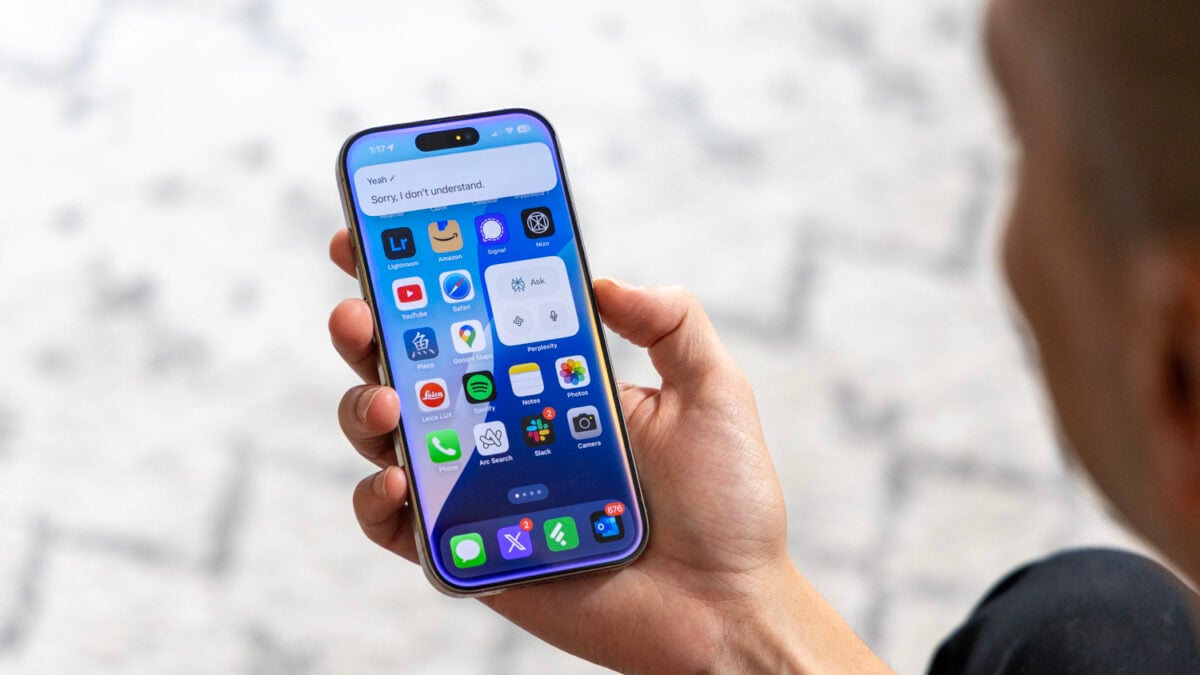The rapid evolution of generative AI is polarizing opinions, often viewed as either a groundbreaking technological leap or a profound existential threat. There’s little middle ground, especially with significant capital investments, sensational marketing, and the swift advancements of generative AI occurring so rapidly. Beyond the economic and technical marvels, a deeper philosophical unease is surfacing, pushing some individuals towards what they describe as a “mental brink,” largely fueled by innovations like Google’s Veo 3 and its implications for our future.
The Unsettling Rise of Veo 3 and AI-Driven Worries
Google’s latest video generation model, Veo 3, has become a focal point for this growing existential dread. Its capabilities, while impressive, are also stoking fears about a future saturated with AI-generated content, or “AI slop,” the potential for sophisticated deepfakes, and the displacement of human roles in creative industries like game development. These concerns aren’t abstract; they’re echoing through online communities.
A recent thread on the subreddit r/artificialintelligence, poignantly titled “VEO3 is kind of bringing me to a mental brink. What are we even doing anymore?”, captures this sentiment. The author expresses a profound sense of unease: “I’m just kind of speechless. The concept of existential crisis has taken a whole new form. I was unhappy with my life just now but thought I can turn it around, but if I turn it around, what is left of our world in 2 decades?”
The post continues, questioning the future value of human skills and authenticity: “Actors as a concept are gone? Manually creating music? Wallpapers? Game assets? Believing comments on the internet are from real people? AI edited photos are just as real as the original samples? Voicenotes can be perfectly faked?… Literally what value is being left for us?”
Echoes of Concern: The “AI Slop” Debate
Reactions within the Reddit thread were varied. Some offered dismissive advice like “touch grass” or suggested therapy. However, a significant portion resonated with the original poster’s anxieties, coalescing around a shared fear: the inevitable deluge of AI slop is coming to ruin your art, with little recourse for creators or consumers. [internal_links]
This isn’t just about Google’s Veo 3; tools like OpenAI’s Sora further intensify the debate. The clear drive towards automating human creativity suggests a turbulent period ahead for movies, music, and entertainment at large. The concern is that the sheer volume of AI-generated content could drown out authentic human expression, fundamentally altering our relationship with media and art.
The Human Touch: Can AI Truly Create Art?
While the “AI slop” tsunami feels imminent—and arguably, its first waves are here—it’s unclear if purely automated entertainment will truly satisfy. Art that deeply resonates usually conveys substantial messages or evokes genuine emotion. Currently, generative AI, despite its skill in mimicry, lacks original substance; its output is a remix of existing data. [internal_links]
Consider experiments with Google’s Veo 3 where AI characters appear self-aware in simulations. Though technically intriguing, these scenarios originate from human prompts, not an AI’s intrinsic understanding or feeling.
Optimistically, most people can discern authentic art from mass-produced slop. While studios might be tempted by automation’s cost savings, they know alienating audiences with shallow content is counterproductive. This doesn’t negate potential disruption; automation historically impacts labor, and creative fields won’t be exempt.
The Unyielding Value of Human Connection in Art
However, art operates on a different plane than many other automatable tasks. Meaningful art thrives on human connection, shared experience, and emotional resonance. Until artificial intelligence can genuinely think, feel, and experience the world as humans do, it cannot replicate the unique spark that defines true creativity.
So, before the fear of an AI-dominated creative landscape becomes overwhelming, it’s worth remembering a crucial point: AI is still a tool. Its outputs, however sophisticated, are reflections of its training data and the intentions of its human users. As the popular tech adage (often humorously adapted) reminds us, AI’s current understanding can be surprisingly flawed (like the infamous “AI suggesting glue on pizza” examples). We likely have more time than we think before AI can truly challenge the core of human artistic endeavor.
The anxieties surrounding Google’s Veo 3 and the broader surge of generative AI are understandable, touching upon deep questions about human value and creativity. While “AI slop” presents a challenge, the essence of art—its ability to convey meaning and foster human connection—remains beyond the grasp of current AI. Instead of succumbing to existential dread, the focus should be on navigating these technological shifts critically, championing authentic human expression, and remembering that true art speaks a language AI is yet to learn. [internal_links]



